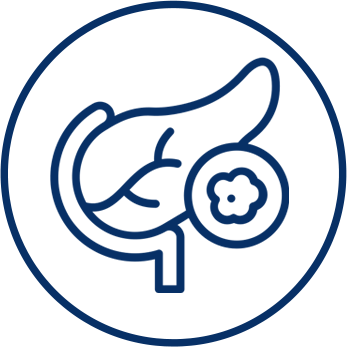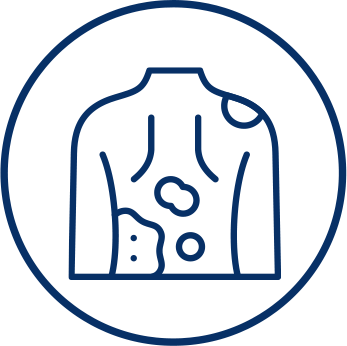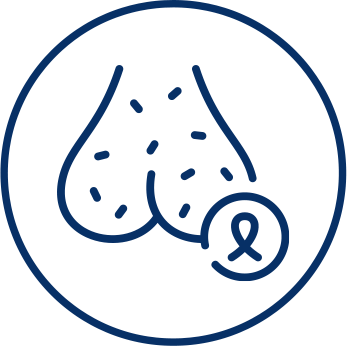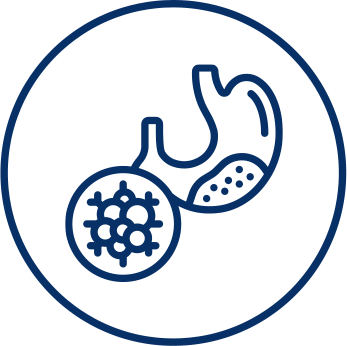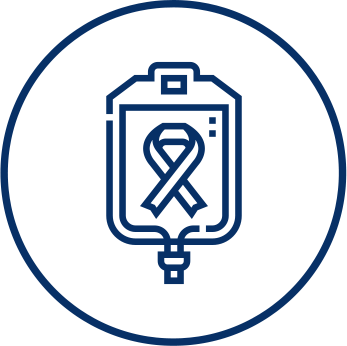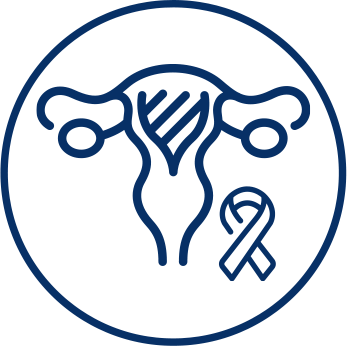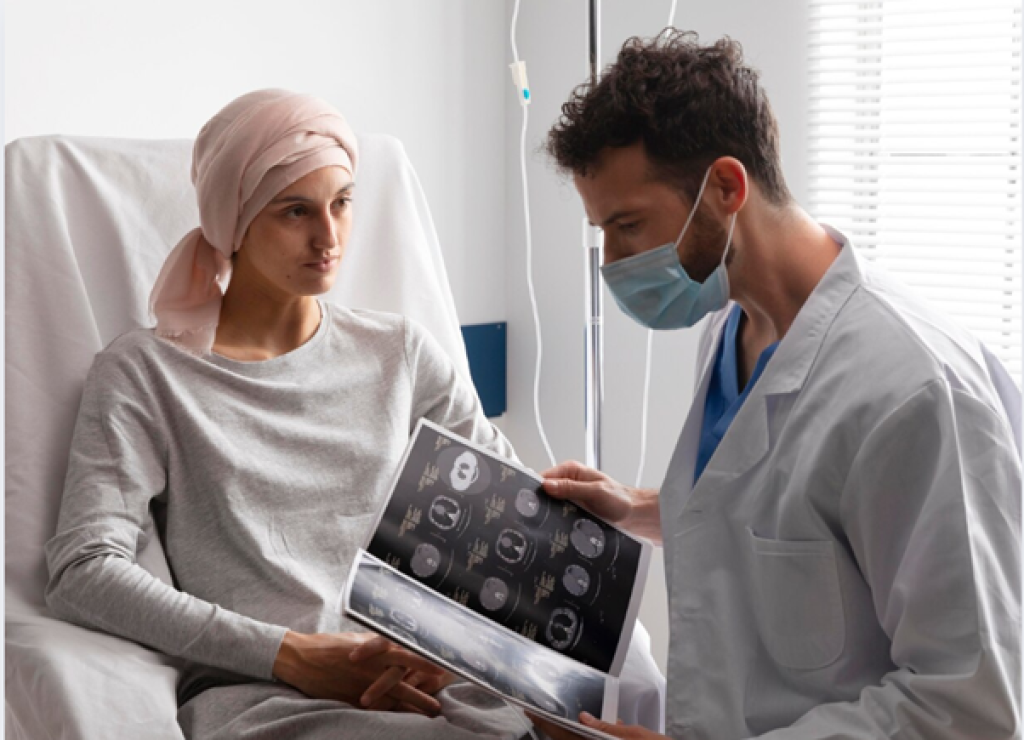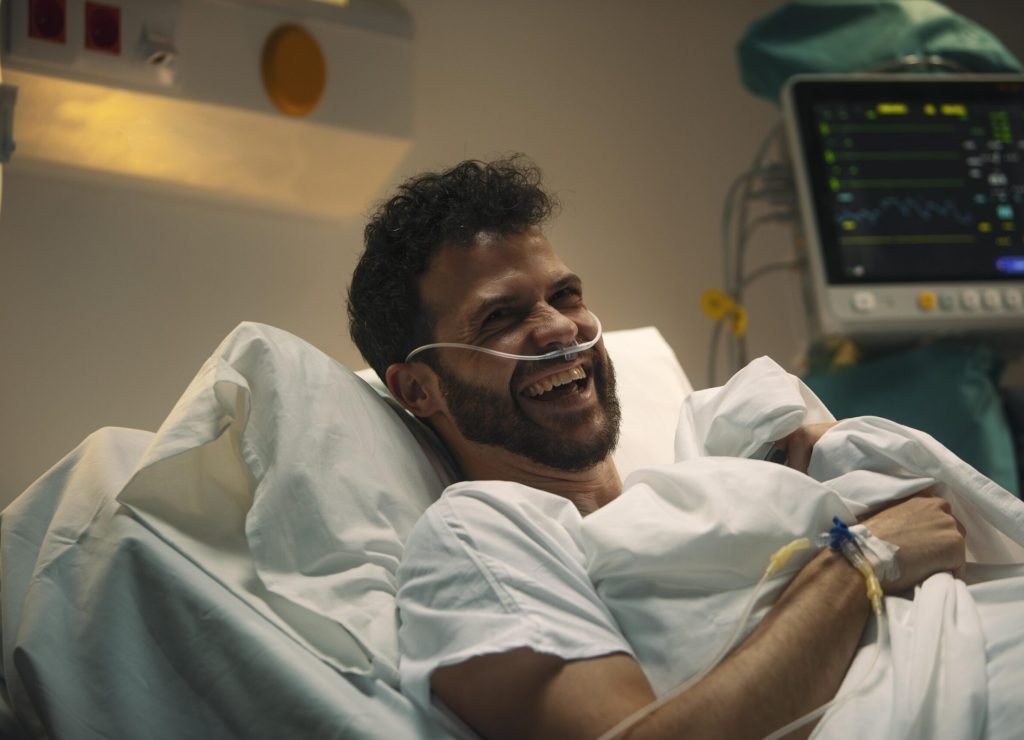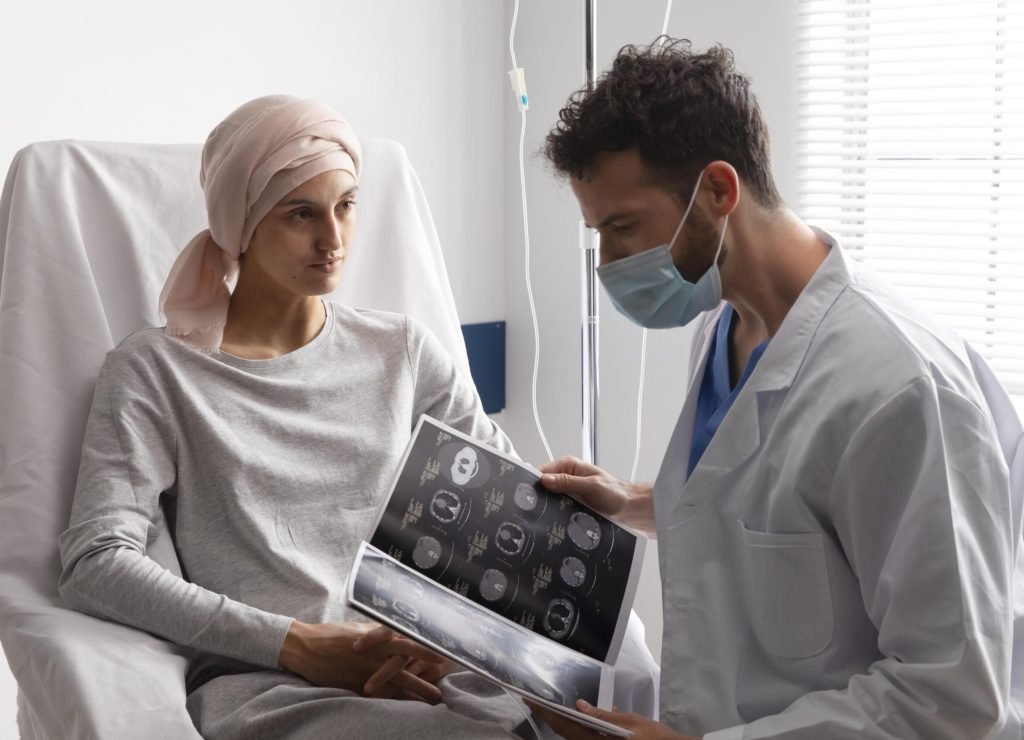Best Cancer Specialist in Gurgaon
Dr. Sunny Garg is a renowned Medical Oncologist in Gurugram with an experience of more than 16 years of treating cancer patients.
He has studied in one of the most reputed educational institutes of India. He has done his MBBS and MD Internal Medicine from Institute of Medical Sciences, Banaras Hindu University. Thereafter, he has undergone training in Medical Oncology (DM Medical Oncology) from Kidwai Memorial Institute of Oncology, Bengaluru.
Our Services
Targeted
Therapy
Immunotherapy and Advanced oncology
Chemotherapy with
reduced side effects
Hormonal
Therapy
Personalised
Cancer Care
Why Dr. Sunny Garg is the best medical oncologist in Gurgaon?
Dr. Sunny Garg has studied in one of the most reputed institutions of India. He did his MBBS and MD General Medicine from Banaras Hindu University and DM Medical Oncology from Kidwai Cancer Institute, Bengaluru.
Following that he has worked at top hospitals across Delhi NCR including MAX Hospital, BLK-MAX Hospital, Manipal Hospital. Currently he is working at Everhope Cancer Centre, Gurugram.
He has more than 16 years of experience in treating cancer with novel techniques like immunotherapy, targeted therapy, chemotherapy, hormonal therapy, etc.
Dr. Sunny Garg is an expert in treating the following cancer types
Book an Appointment
Our Blogs
Bladder Cancer in Men and Women: Key Differences You Should Know
Understanding the Benefits of Immunotherapy Treatment in Gurgaon
Top Cancer Treatment Centers in Gurgaon: A Comprehensive Guide
Personalized Cancer Treatment: What to Expect at a Cancer Hospital in Gurgaon
Frequently Asked Questions
- What type of cancer do I have?
- What is the stage of cancer?
- Is it curable?
- Is the diagnostic workup complete or do I need to get more tests done?
- How many specialists would I require for treatment?
- What is the prognosis of my disease?
- What is the expected survival?
- What are the various treatment options available?
- How many different treatment modalities will be used?
- Will the treatment be with a curative intent?
- What are the possible side effects of treatment?
- How many treatment sessions I have to take?
- What will be the time interval between treatment sessions?
- Should I continue other medicines I am taking now?
- Will the treatment affect my fertility?
- Are there any delayed side effects of treatment?
- What are the chances of my cancer returning back?
- How frequently I have to come for follow up?
- Are there any tests to be done on follow-up visits?
- What symptoms should I be cautious of?
Staging helps to determine the disease prognosis and to select an appropriate treatment strategy. The AJCC (American Joint Committee on Cancer) or TNM is the most commonly used system for staging cancer.
The system utilizes 3 parameters (represented by letters – T, N, and M) for assigning a stage to cancer. “T” stands for “Tumor Size”, “N” for “Lymph Nodes”, “M” for “Metastasis”.
Numbers. and/or letters after T (0, is, 1, 2, 3, etc), N (0,1, etc), and M (0 and 1) provide more details about each of these parameters. Once T, N, and M categories are determined, this information is combined to assign an overall stage (from 0 to IV) to the disease.
First, we have to confirm the type of cancer with a needle test (FNAC or biopsy). Biopsy sample is generally collected from the suspected areas observed during the imaging. Depending on the size and location of the suspicious area, a fine needle biopsy, a core needle biopsy, or a surgical biopsy technique is utilized. Sometimes, IHC (immunohistochemistry) testing may be required to be done on biopsy sample to confirm the diagnosis.
Imaging tests are generally employed after the establishment of the pathological diagnosis. They help to detect the spread of disease locoregionally and to distant body parts, and assess the stage of the disease. One or more of the following may be required-
- Computed tomography (CT) scan: In this technique, detailed cross-sectional images of body organs are generated using x-rays, with or without a contrast medium. It can help diagnose the spread of disease to nearby/distant lymph nodes and other organs, and may also be used to guide a biopsy needle into the affected area.
- Magnetic resonance imaging (MRI) scan: This technique provides detailed images of tissues inside the body using radio waves, a strong magnetic field, and gadolinium contrast. It can accurately diagnose the extent of invasion and spread of disease to nearby/distant body parts.
- Positron emission tomography (PET) scan: This technique uses a radioactive substance (e.g.fluorodeoxyglucose [FDG]) that is given intravenously prior to the procedure. Cancer cells absorb larger amounts of the radioactive substance than normal cells. The areas of higher radioactivity indicate cancerous tissue on the PET scan. Thus, this technique can diagnose the spread of disease to distant body parts. It is usually combined with a CT scan (PET/CT).
- Bone Scan: In this test, a radioactive material is injected into the vein of the patient, which gets accumulated in the areas of bones affected by the disease, which are then detected with the help of radioactivity detectors. In this way, it may help to detect the spread of cancer to bones.
Cancer treatment is a multidisciplinary decision taken on individual patient basis, taking into consideration type of cancer, stage of disease, performance status of patient, patient’s preference, along with other factors. Broadly, the treatment modalities used commonly are-
- Chemotherapy, Immunotherapy, Targeted Therapy, Hormonal Therapy
- Surgery
- Radiation Therapy
- Palliative Therapy
Apart from these, other modalities may be required depending upon systems involved.
Final treatment plan is decided by a team of oncologists which includes medical, surgical and radiation oncologists along with oncopathologist, radiologist, nuclear physician and other relevant specialists.
Customer Reviews
Dr. Sunny Garg is a great doctor. I belong to Bathinda which is a cancer affected belt and I have referred a number of patients affected from cancer to Dr. Sunny Garg at Delhi and they got so much indebted for the medical support and guidance given by him. A patient named Mr. Vikrant Bhatia who belongs to a nearby village of Bathinda came in contact with me and he was taking treatment from Bathinda and Ludhiana but then I talked to Dr. Sunny Garg about the patient and he contacted Dr. Sunny Garg at Delhi and got much benefit due to his medical support as well as psychological counseling.











